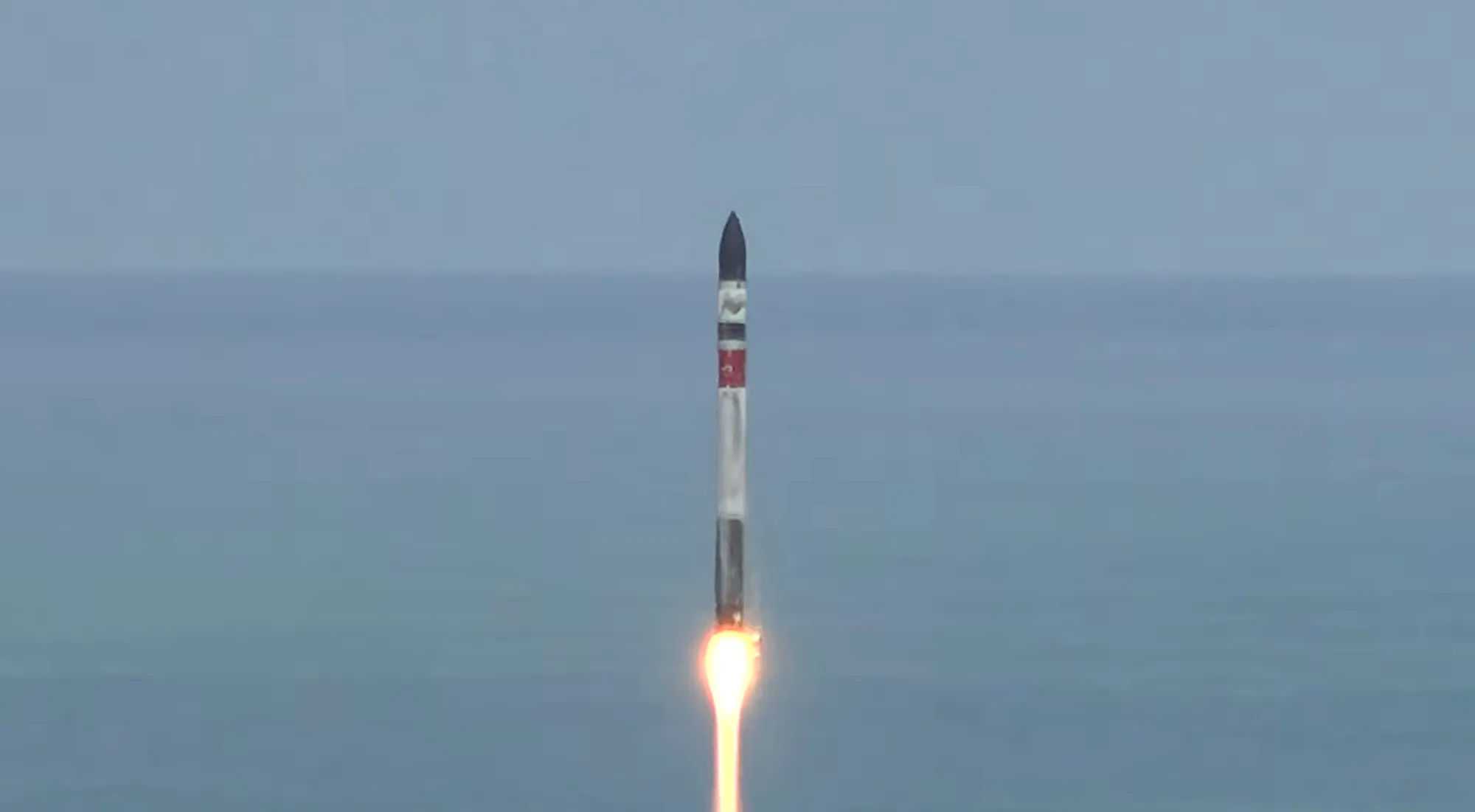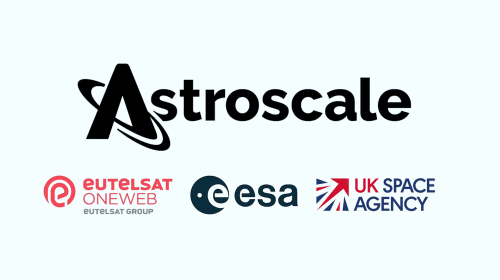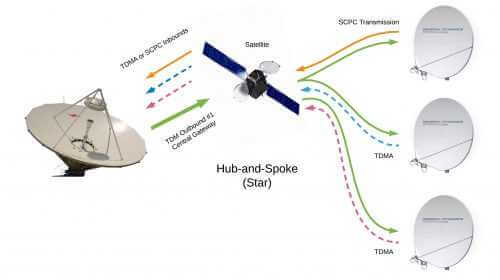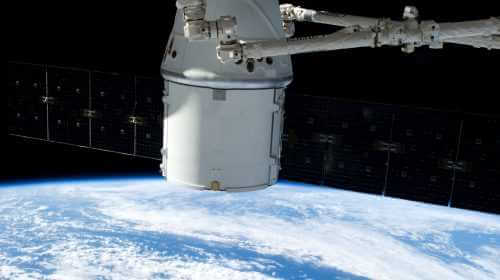Rocket Lab's Latest Milestone on the Road to Rocket Reusability
Aug 25, 2023
On August 23rd, Rocket Lab successfully launched an Electron rocket carrying a Capella Space satellite, while also reusing an engine from a previous mission. This launch marks a major step for Rocket Lab as they move closer to full rocket reusability.
 An Electron rocket lifts off. Credit: Rocket Lab
An Electron rocket lifts off. Credit: Rocket Lab
The Electron lifted off from Rocket Lab’s New Zealand launch site, deploying the Capella satellite into orbit 58 minutes after liftoff. Capella’s satellite will provide high-resolution radar imaging of Earth for commercial and government applications.
Originally scheduled for late July, the launch was delayed twice due to sensor data indicating low pressure in one of the engines. Rocket Lab decided to swap the payload onto a different Electron rocket, one designed for recovery and reuse. Crucially, this “recovery” rocket included an engine that had already flown on a previous Electron mission in May 2022.
After launch, Rocket Lab CEO Peter Beck confirmed via Twitter that the reused engine performed perfectly, proving it can withstand the heat and stress of multiple launches. This retired engine went through extensive hot-fire testing on the ground to verify its flightworthiness before being cleared for reuse.
“The data is in, perfect performance from the reused engine and the stage,” Peter Beck, Rocket Lab chief executive, tweeted after the launch.
Beck has previously indicated that reusing an engine would be one of the final demonstrations needed before reusing an entire Electron booster. Now that the engine reuse test went flawlessly, Rocket Lab will likely attempt booster reuse on an upcoming mission later this year.
Making the Electron rocket reusable has been a long-term goal for Rocket Lab. Typically, rockets are discarded after each mission, making spaceflight expensive. Reusing the rocket booster and engines could dramatically lower launch costs. SpaceX pioneered reusability with its Falcon 9 rockets, landing them upright on pads or drone ships post-launch.
Rocket Lab’s approach is different. They plan to have helicopters capture the returning Electron booster mid-air after reentry, then haul it back for refurbishment. The company has already successfully guided Electron boosters through reentry and ocean splashdowns. Rocket Lab says the mid-air capture technique will enable rapid turnaround between launches.
The small-satellite launch market is rapidly expanding but frequently faces delays between missions. Rocket reusability will allow Rocket Lab to launch more frequently, providing their customers with responsive, flexible access to space. It could also enable new business models like flying entire constellations across multiple reused rockets.
Rocket Lab currently anticipates a record 15 Electron launches this year. August’s mission was their 8th of 2023 already. The company is expanding operations, opening a new launch pad in Virginia, and developing a larger neutron rocket for heavier payloads.
Reusing the Electron will be a game-changer for Rocket Lab. Every step they take towards full rocket reusability further cements them as an industry leader. The flawless engine reuse helps validate their recovery technology and techniques. More test launches in the coming months will ultimately demonstrate Electron reusability at scale, delivering on the promise of rapid, cost-effective launch on demand for small satellites.





